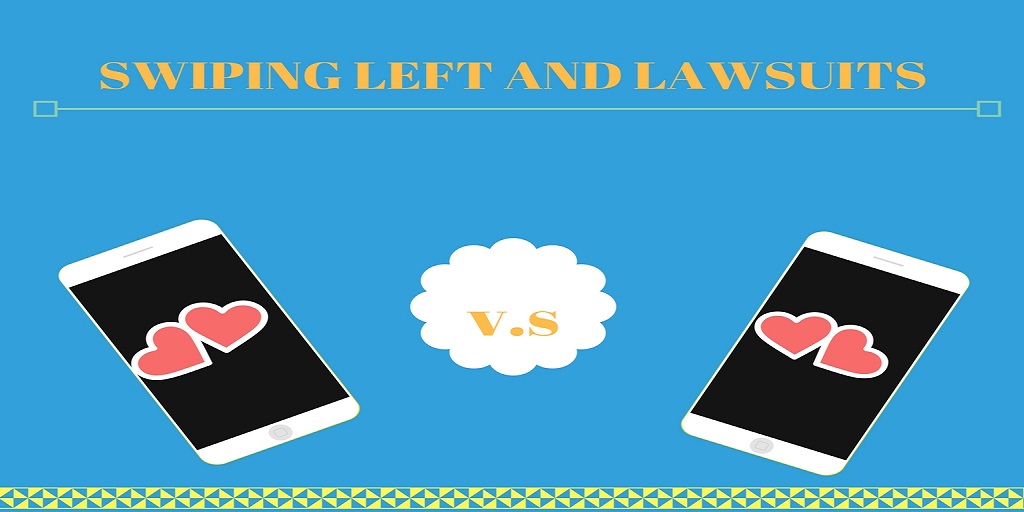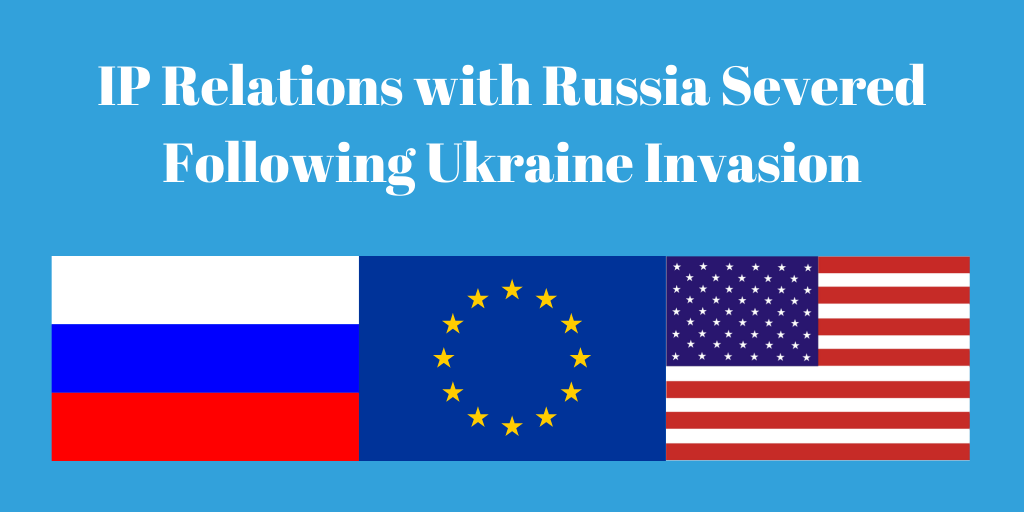Swiping left and lawsuits.
Most of us have tried online dating apps, either to find dates or just to meet new people. Bumble, Tinder, and Coffee Meets Bagel are some of the most popular apps people use to find dates or future lovers. Although new dating apps come and go, Tinder has remained strong throughout the years.

Tinder and the patents they own.
Tinder Inc. (or simply Tinder), owner of the Tinder app, have several patents in their patent portfolio.
Their patent portfolio includes a patent for the Tinder app (U.S. patent no. 9,733,811 or the “811′ patent”), which was granted quite recently. The ‘811 patent discloses:
“a method for profile matching includes receiving a plurality of user profiles, each user profile comprising traits of a respective user. The method includes receiving a preference indication for a first user profile of the plurality of user profiles. The method also includes determining a potential match user profile of the plurality of user profiles based on the preference indication for the first user profile. The method also includes presenting the potential match user profile to a second user.”
To read the entire patent, click here.
The suit against Bumble
Tinder’s parent company, Match Group LLC (“Match Group”), has filed suit against Bumble Trading Inc. (“Bumble Trading”). Bumble Trading owns another popular dating app, Bumble. In the complaint, Match Group alleges that Bumble Trading:
“copied Tinder’s world-changing, card-swipe-based, mutual opt-in premise. Bumble is ‘virtually identical’ to Tinder in its functionality and general look-and-feel. The competitive reason is obvious. Bumble sought to mimic Tinder’s functionality, trade off of Tinder’s name, brand, and general look and feel, meet user expectations that Tinder itself and its brand created, and build a business entirely on a Tinder-clone, distinguished only by Bumble’s women-talk-first marketing strategy.”
Included in the complaint are several allegations that Bumble Trading infringed on several of Match Group’s intellectual property rights, including their patent and trademark rights.
Patent infringement
In regards to this case, Match Group alleges that Bumble Trading directly infringed on various claims of the ‘811 patent, including claim 1, claim 4, and claim 7. In general, patent infringement of a patent occurs when a party, without authorization from the patent holder, makes, uses, sells, offers for sale, or imports into the U.S. the invention covered by the patent. Direct infringement requires that an accused device contain all the elements of the patented invention. The basis of Match Group’s direct patent infringement claim is that the Bumble app contains and uses all the patented steps and processes protected by the ‘811 patent. There are also allegations of indirect infringement “by contributing to infringement by others” and design patent infringement.
Trademark infringement and other unfair competition claims.
In addition to the patent infringement claims, Match Group also raises a trademark infringement claim against Bumble Trading. The complaint expressly states that “Bumble, by using Match’s ‘swipe’ mark to compete with Tinder in the market for software for social introduction and dating services,’ violated 15 U.S.C. § 1114.'” Furthermore, “Bumble is prominently using Match’s ‘swipe’ mark throughout its app and promotional activities… [which will] cause a likelihood of confusion and deception of members of the public, and, additionally, injury to Match and Tinder’s reputation and goodwill as reflected in the ‘swipe’ mark.”
Other claims such as trade-dress infringement and dilution claims are also raised against Bumble Trading.
However, Bumble is not backing down.
In response, Bumble has made it publicly known that they are not backing down. Bumble boldly released statements saying “[w]e swipe left on you. We swipe left on your multiple attempts to buy us, copy us, and, now, to intimidate us.” Thus, Bumble Trading is standing its ground against Match Trading.
To read the entire complaint against Bumble Trading, click here.
What comes next?
There are various outcomes that could potentially result from this lawsuit. Patent infringement is alleged, so taking the issue all the way to court can possibly occur. Patent litigation is extremely costly and time consuming, often costing the parties millions of dollars. However, rather than take the case to court, the parties or one of the parties can also opt for inter partes review (“IPR”). IPR is post grant proceeding that reviews the validity of the granted patent on the basis of novelty or non-obviousness. However, IPR can only be initiated nine months after the grant of the patent. An IPR proceeding is generally much cheaper than trial. The last potential outcome is the parties settle the lawsuit rather than bring the case all the way to trial.
Regardless of what will occur, the lawsuit will definitely bring some interesting new things.
What are your thoughts on the lawsuit against Bumble Trading? Leave a comment and let us know what you think!
Interested in more patent related materials? Here’s a video!
Get Started Today!
Does this article interest you? Subscribe to the LoTempio Law email newsletter to receive posts and updates just like this conveniently in your email box!
If you’ve enjoyed this blog post, we have lots more where this came from, including an Inventors Guide Video Series where we help you turn your good idea into a profitable invention, and tons of other great content. Simply enter your email address and hit sign up and you’ll get everything, including blog posts like these, conveniently in your email box!
Have any questions? Give us a call at 1-800-866-0039. Consultations are FREE.
Disclaimer: This article is not intended to be legal advice and is meant to be for educational or entertainment purposes only. Please do not use the article or contents of the article without permission. For legal advice and questions, please contact registered Patent Attorney Vincent LoTempio.




